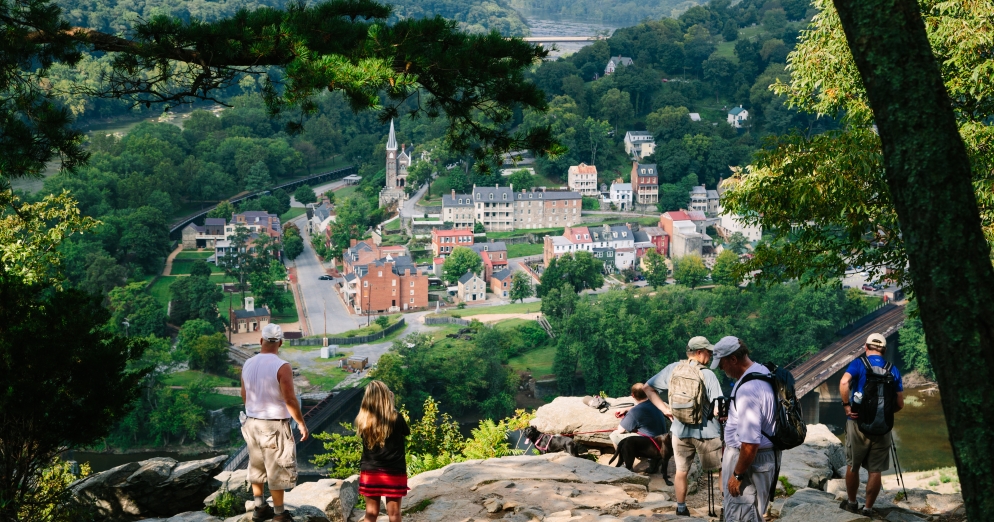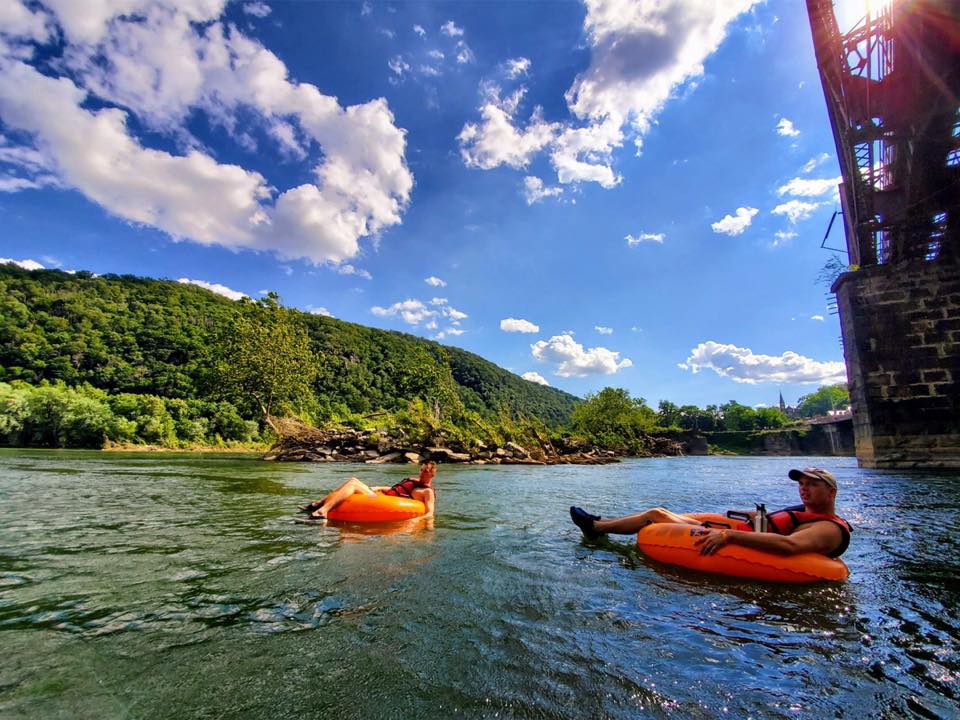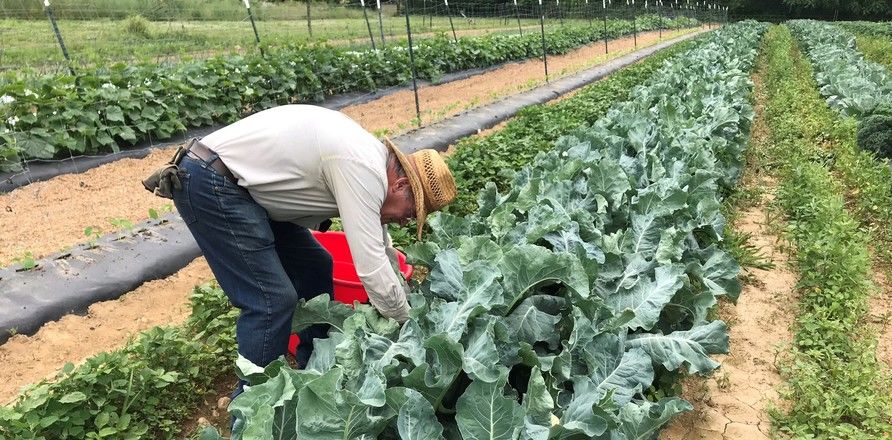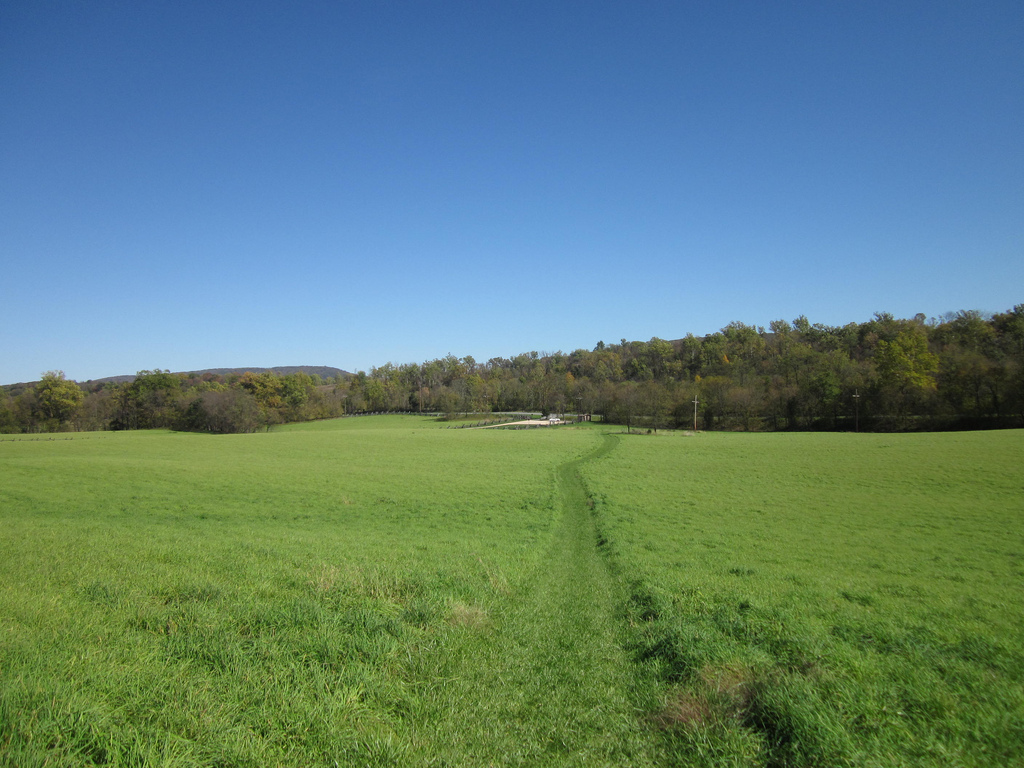The Economic Impact of Rezoning this Area
A Threat To Our Local Economy
Tourism, agriculture, and the equine industry are the largest industries in Jefferson County and have all played an important role in our economy for hundreds of years. Jefferson County has always recognized and supported these key industries and, as a result, we have always had what the remainder of the country is now striving to achieve: a local economy based on productive, sustainable business. Across the country, considerable effort is now being expended to promote and support these types of industries, as their exponential benefit to the local and regional economies is only now being fully realized. Heavy industry in the heart of Jefferson county will have detrimental effects on these traditional, sustainable industries. It simply does not make sense to allow the degradation of industries widely recognized to be foundational elements of an adaptable, enduring economy by inviting into Jefferson County the culprit of this degradation and a symbol of a bygone era.

Heavy industry as a goal for job creation is a solution of the past. We are more than 100 years beyond the days of J.P. Morgan, Carnegie, and Rockefeller. The acknowledgement of this shift is clearly expressed in Ranson’s Comprehensive Plan which states, “the end of Ranson’s traditional industrial period was signaled by the closure of AB&C Corporation, Dixie Narco and the Kidde Foundry (Badger Powhatan).” This statement demonstrates that heavy industry is no longer desired in Ranson. The current Comprehensive Plan prioritizes open space, local agriculture, and quality of life. The plan further outlines how industries like tourism, agriculture, and equine industries are essential to ongoing economic development in Ranson. Heavy industry has numerous negative effects on these industries and it is incompatible with the goals we are striving towards.
The tourism, agriculture, and equine industries are synergistic. They support, protect, and promote one another in ways that create long-term stability and profitability in our local economy. Through pasture and crop land, the equine and agricultural industries enable profitable maintenance of the bucolic landscape that draws tourists to Jefferson County. The equine industry provides evening entertainment for tourists while the agriculture industry provides local products increasingly sought after by tourists. The tourism industry, in turn, provides customers and markets to both the equine and agricultural industries. But it is so much more than that. There are countless examples of deep interdependences and symbioses. The equine industry brings outside money into our economy in the form of out-of-state owners and breeders, creating jobs for Jefferson County’s equine industry. The attractive nature of the county, as well as the quality and accessibility of accommodations, makes Jefferson County an even more desirable location for out-of-state equine investors. In many ways like this, the equine, agricultural, and tourism industries work hand in glove to bring money into our states, create jobs, and grow our local economy.

The tourism, agriculture, and equine industries are large conglomerates of small businesses. This structure provides a multitude of economic benefits over an economy based on a small number of large businesses, as is commonly the case in heavy industry. Professor of Agricultural and Regional Economics at Penn State and Director of the Northeast Regional Center for Rural Development, Dr. Stephan Goetz, was quoted in a recent article (1) saying, “small, locally owned businesses and startups tend to generate higher incomes for people in a community than big, non-local firms, which can actually depress local economies.” Small businesses create jobs, cultivate innovation, and provide opportunities for individuals that would otherwise not exist, while large businesses’ concentration on efficiency and increasing profitability decreases job count and stifles innovation and individuality. Goetz went on to say, “we can’t look outside of the community for our economic salvation. The best strategy is to help people start new businesses and firms locally and help them grow and be successful.” This concept was supported by a recent WVU study (2) on the economic outlook for the Eastern Panhandle in which they found that Jefferson County’s per capita income was $8,800 per year above that of Berkley county. This difference was attributed in part to Berkeley County’s job growth over the last several years coming from large companies such as P&G and Macy’s, whereas Jefferson County’s came from commuters and local small business. These local agriculture, tourism, and equine industries set our community apart. They support small businesses and startups and, in doing so, encourage the growth of better-paying jobs that are so valuable to our local economy.

Local economies that welcome and support small businesses are flexible and agile in times of crisis. (3) Small businesses have been shown to be capable of reacting to severe, sudden changes like medical epidemics. Recent events have shown us just how important that is. On the other hand, turbulence and uncertainty has been shown to be the leading cause for failure in manufacturing businesses such as heavy industry. (4) In these businesses, a concentration on efficiency and lean operations has led to an inability to adapt to change. (5) (6) Agility and flexibility are as important now as they have ever been. Heavy industry will introduce rigidity and threaten the small businesses that provide agility and flexibility to our economy.

Local food production provides a safety net in times of food instability. Recent events have revealed how the drive for lean efficiency and profitability in our food supply chains has left communities vulnerable to food shortages. The current situation highlights the value of the local, sustainable food production that we are fortunate to already enjoy here in Jefferson County as a result of our local agriculture industry. As mentioned above, the equine and tourism industries support the maintenance of the agricultural land needed for this food production. As a community, we should always be moving toward resiliency and agility in our economy and food supply not away from it. Large companies involved in heavy industry not only hurt our economy directly but also harm industries that have been pillars of our economy for hundreds of years. Check out how heavy industry in this area of Jefferson County will damage each of these industries in the other fact sheets of this series.
Endnotes
1 Small Business is Good for Local Economies; Big Business is Not, Researchers Say, Business News Daily, 2020 Feb 26; https://www.businessnewsdaily.com/1298-small-business-good-for-economy.html
2 Lego B, Deskins J, The Eastern Panhandle Economic Outlook 2020-2024, Bureau of Business & Economic Research, West Virginia University, John Chambers College of Business & Economics, 2019.
3 Irvine W, Anderson AR. Small tourist firms in rural areas: agility, vulnerability and survival in the face of crisis. International journal of entrepreneurial behavior & research. 2004 Aug 1.
4 Small AW, Downey EA. Orchestrating multiple changes: a framework for managing concurrent changes of varied type and scope. InIEMC 96 Proceedings. International Conference on Engineering and Technology Management. Managing Virtual Enterprises: A Convergence of Communications, Computing, and Energy Technologies 1996 Aug 18 (pp. 627-634). IEEE.
5 Verstraete C. Planning for the unexpected [business agility]. Manufacturing Engineer. 2004 Jun 1; 83(3):18-21.
6 Goodhue DL, Chen DQ, Boudreau MC, Cochran J. Addressing business agility challenges with enterprise systems. 2009.
How You Can Help
Educate yourself and others
Read the detailed information on our website and share with others. Knowledge is power.
- The Background on Zoning in Ranson
- Karst Hydrogeology Concerns
- Heavy Industry Near Schools
- Negative Effects On Local Economy
- Heavy Industry Incompatible With Ranson’s Comprehensive Plan
- Environmental Discrimination
Donate to support our efforts
If you are able to, please support our ongoing legal efforts with a fully tax deductible donation.

